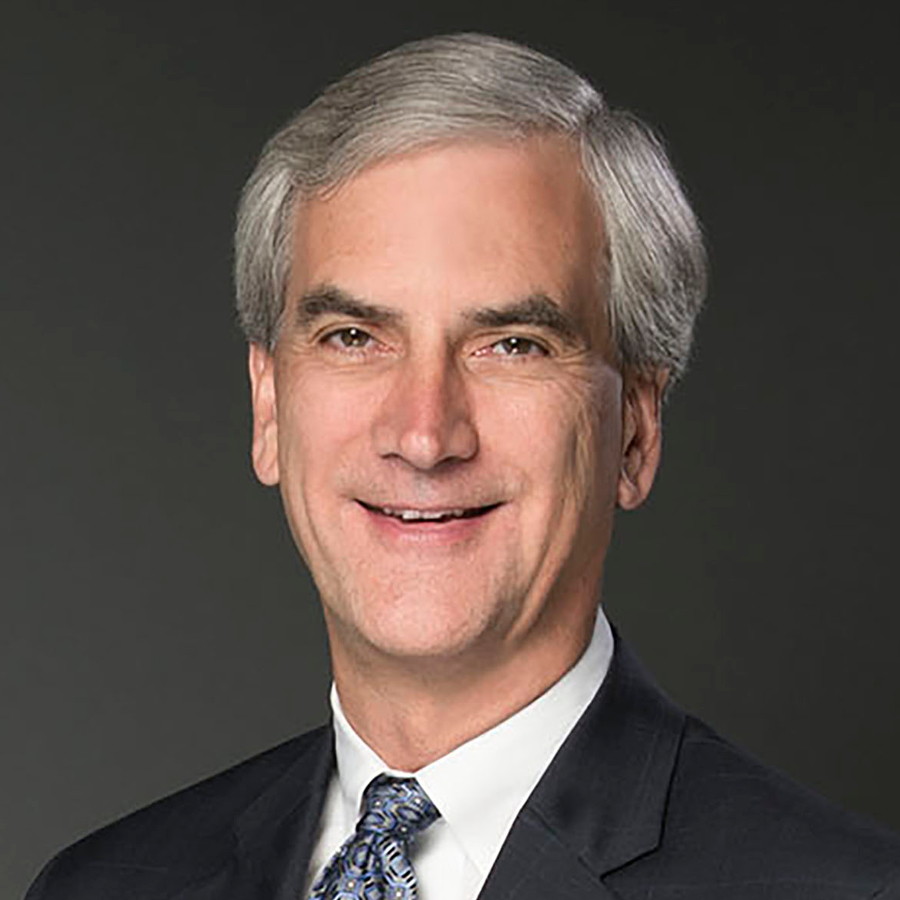Previous articles in this series examined Delaware case law regarding the contractual doctrines of impossibility and impracticability of performance,1 as well as Delaware’s likely treatment of force majeure clauses in the context of COVID-19.2 In this article, we explore the related doctrine of commercial frustration of purpose under Delaware law, and how it may excuse future performance of contractual obligations.
The Frustration of Purpose Defense (Frustration of the Underlying Basis of the Contract)
Generally, the defense of commercial frustration applies “where, after a contract is made, a party's principal purpose is substantially frustrated without his fault by the occurrence of an event the non-occurrence of which was a basic assumption on which the contract was made ….”3 In those situations, “his remaining duties to render performance are discharged, unless the language or the circumstances indicate the contrary.”4 One Delaware court noted that the defense is “very difficult to invoke, as courts have been extremely reluctant to allow parties to disavow obligations that they have agreed to.”5
Three factors must be met to successfully invoke the defense of frustration of purpose:
- the purpose that is frustrated must be the principal purpose of the contract,
- the frustration of that purpose must not be the fault of the party seeking to be excused from performance, and
- the occurrence of the event must not have been foreseen at the time of the contract's formation.6
The defense is only available to excuse the performance of a contract, not to compel performance by another party; i.e., the doctrine can only be used as a shield, and not as a sword.7
A typical example of commercial frustration of purpose is where the object of the contract is destroyed. If a property owner hires a contractor to perform renovations on a building, performance under the contract (i.e., payment of the contract price) would be excused if the building is destroyed before the time for performance arises. The more difficult situation arises where the performance of the contract remains possible, but is no longer of economic value to one of the parties. In CRS Proppants LLC v. Preferred Resin Holding Co., LLC8, the plaintiff sought damages from the defendant for failing to purchase sand under the parties’ supply contract. The defendant raised the defense of commercial frustration, arguing that changes in the fracking industry, for which the sand was to be used, excused its obligation to purchase the sand from the plaintiff, because to continue to do so would have resulted in catastrophic losses to the defendant. The court noted that performance under a contract may be excused if it “would make little sense to continue where the object frustrated was the basis of the contract.”9 However, the changes that occurred in the fracking industry were not unforeseeable. Therefore, the defendant was not excused from its obligation to purchase sand under the contract, despite the alleged frustration of the purpose for which defendant entered into the supply contract.10
The foreseeability of the alleged commercial frustration was also addressed in Wal-Mart Stores, Inc. v. AIG Life Ins. Co., where Wal-Mart purchased life insurance policies in an attempt to achieve tax benefits under the United States tax code.11 When Congress amended the U.S. code to forbid tax relief for the policies, Wal-Mart argued that the essential purpose of the contracts had been frustrated through no fault of its own.12 The Delaware Supreme Court denied Wal-Mart’s request for relief from performance under the frustration of purpose doctrine. The Court found that “Wal–Mart assumed the risk that its tax deductions would be allowed and that it had an insurable interest in all of its employees,” as evidenced by the allegations of its complaint.13
Key Takeaways
In the era of the COVID-19 pandemic, parties who look to excuse contractual performance under the frustration of purpose doctrine must be careful to show through their pleadings that COVID-19:
- frustrated the principle purpose of their contract;
- that the frustration was not a result of their own actions;
- that the frustration was unforeseen at the time of contracting; and
- that they have not assumed the risk of the frustration through the contract.
Moreover, changes in market conditions alone will likely not excuse performance, unless such conditions were an explicit assumption in the contract.
If you have questions about the related doctrine of commercial frustration of purpose under Delaware law, please contact John Newcomer (jnewcomer@morrisjames.com; 302.888.6975) or David Soldo (dsoldo@morrisjames.com; 302.888.6950).
1 Impossibility or Impracticability of Contractual Performance Caused by COVID-19 Under Delaware Law
2 COVID-19 and Force Majeure Clauses Under Delaware Law
3 Restatement (Second) of Contracts § 265, Discharge by Supervening Frustration (1981).
5 Wal-Mart Stores, Inc. v. AIG Life Ins. Co., 872 A.2d 611, 620 (Del. Ch. 2005), aff’d in part and rev’d in part, 901 A.2d 106 (Del 2006).
6 In re Atl. Gulf Communities Corp., 369 B.R. 156 (Bankr. D. Del. 2007) (citing Restatement (Second) of Contracts § 265). See also, CRS Proppants LLC v. Preferred Resin Holding Co., LLC, 2016 WL 6094167, *7 (Del. Super. Sept. 27, 2016).
7 Wal-Mart, supra, 872 A.2d 611, 620.
8 2016 WL 6094167 (Del. Super. Sept. 27, 2016).
10 See also, Williams Natural Gas Co. v. Amoco Production Co., 1991 WL 58387, * (Del. Ch. April 16, 1991) (“The continued existence of certain market conditions or the financial positions of the parties is generally not a basic assumption on which a contract is made.”).
13 Id. (noting that the complaint “repeatedly acknowledges the disclosed risks associated with the COLI plans, as well as Wal–Mart's interest in minimizing those risks”).




